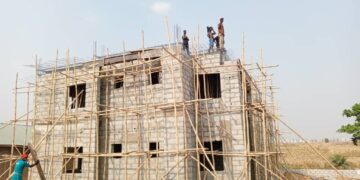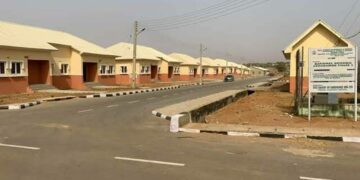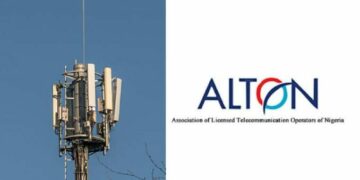The pro-poor advocacy platform, Inclusion for all (I4ALL), has brought together a selection of stakeholders to discuss and address the digital inclusion barriers faced by rural women in Nigeria’s agricultural value chain.
This was carried out in it first edition of the ‘Inclusion for all Dialogues’ event on July 26, 2023. The event, which focused on ‘Digital ID for the Last Mile – Enabling Access to Digital ID for Rural Female Agricultural Workers’, brought together a selection of stakeholders to discuss and address the digital inclusion barriers faced by rural women in Nigeria’s agricultural value chain.
I4ALL aims to use data evidence to deepen understanding of the challenges faced by impoverished populations and collaborate with multiple stakeholders to advocate for their removal.
The event featured an esteemed line-up of panellists who lent their expertise and insights to the event, including, Lead Research consultant from the International Institute of Tropical Agriculture (IITA), Professor Janice Olawoye; executive director, Policy Innovation Centre (PIC), Dr. Osasuyi Dirisu; director Operations, National Identity Management Commission (NIMC), Ms. Uche Chigbo; and head, Financial Inclusion Delivery Unit, Central Bank of Nigeria, Dr. Paul Oluikpe.
Convener and head of Inclusion for all, Chinasa Collins-Ogbuo described the event and its relevance, stating that, “our aim is to cultivate a strategic platform of cross-cutting actors with a shared goal to uncover the links that exist between income level, identity ownership and financial inclusion in order to identify opportunities to accelerate the pace of digital financial inclusion.”
The director-general of NIMC, Engr. Aliyu Aziz, delivered the keynote address, focusing on the progress made in National Identification Number (NIN) enrolment in Nigeria, the challenges faced, and the approaches in consideration to overcome them. He underscored the importance of data evidence in shaping policies and highlighted key findings from the summary study report.
Aziz reiterated the persistent enrolment gender gap, stating that “of the over 101 million registered persons to date, only 44 per cent are females in spite of the notion that there are more women than men. Flowing from the surveys and advise from Inclusion for all at Africa Practice, NIMC has taken some actionable steps that have profound implications on the ID project.”
Head of Capacity Development at IITA, Zaina Sore presented the findings from the targeted research study, saying, “access to Identity, Empowerment, Livelihood, and Financial Inclusion of Rural Female Agricultural Workers and Traders in Nigeria.”
She emphasised the significance of digital identity in empowering these women and transforming their livelihoods.
According to her, access to national identification as a means for greater financial inclusion is critical for women in remote rural areas. As many of them engage in different agricultural activities and trading particularly in the informal sector, it is important that we better understand their needs and challenges to tailor the services that will lead to greater inclusion and economic empowerment.




